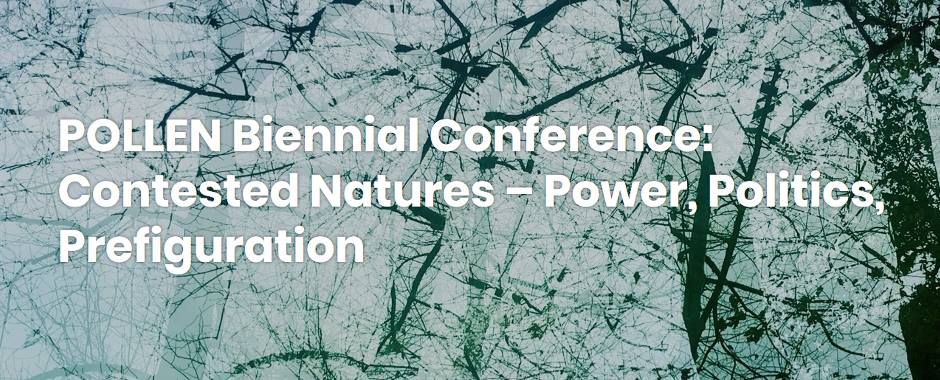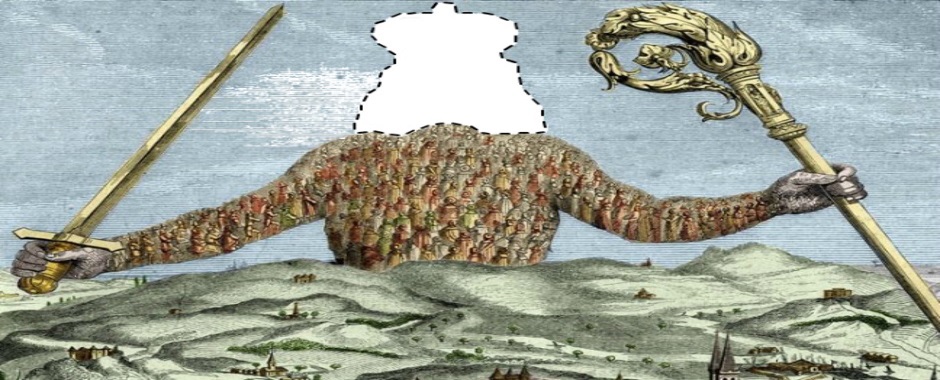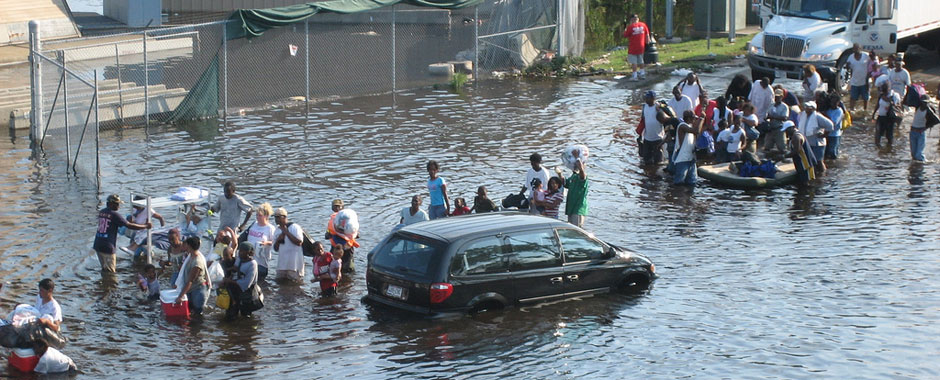In this short post, Amber Huff (STEPS/IDS) and Adrian Nel (University of KwaZulu Natal) introduce the idea of ‘weird ecologies’ and explains why ‘the Weird’ has such an enduring appeal…
Weird ecologies
STEPS to host POLLEN2020 ‘Contested Natures’ conference
Political Ecology Network (POLLEN) Third Biennial Conference Contested Natures: Power, Possibility, Prefiguration Brighton, UK 24-26 June, 2020 #POLLEN20 We are happy to announce that the Political Ecology Network (POLLEN) Third…
Should political ecology be populist?
By Diego Andreucci Political ecology should take populism seriously, not only because of its authoritarian or regressive manifestations, but also for its transformative potential. The rise of right-wing populism is intimately…
Headless populism and the political ecology of alienation
Populism of the kind displayed by the Yellow Vests is a revolt against social and ecological alienation and an affirmation of collective popular power. Since the gilets jaunes (‘Yellow Vests’) erupted onto…
Authoritarianism, populism and political ecology
by Amber Huff and Levi van Sant Based on a number of events convened under the Emancipatory Rural Politics Initiative, we introduce a series of interventions that explore how political ecologies…
New journal ‘Nature and Space’ launched
The links between the environment and justice, past and present, are highlighted in a new article, ‘The antinomies of nature and space’, co-authored by STEPS member Lyla Mehta. So-called ‘natural’…
CfP: POLLEN18 – Political Ecologies, Authoritarian Populism and Emancipatory Politics
A call for panellists has been issued for a panel on ‘Political Ecologies, Authoritarian Populism and Emancipatory Politics’ at the POLLEN conference in Oslo, 20-22 June 2018. The panel is organised…
Landesque Capital and the Political Ecology of the Anthropocene
In many areas of South East Asia rice terraces which are centuries old cover the mountainsides, while paddy field farming in South East Asia goes back hundreds of years. In…
How can the STEPS pathways approach help us understand the Anthropocene?
by Mathew Bukhi Mabele (Department of Geography, University of Zurich) and Jacob Weger (Department of Anthropology, University of Georgia) It has been sixteen years since Paul Crutzen and Eugene Stoermer first…
Nexus, resource conflict and social justice: are we speaking the same language?
Nexus network meetings are a bit like a bar scene in Star Wars, joked Professor Mike Bradshaw, from the University of Warwick: “What we need is a universal translator to…




